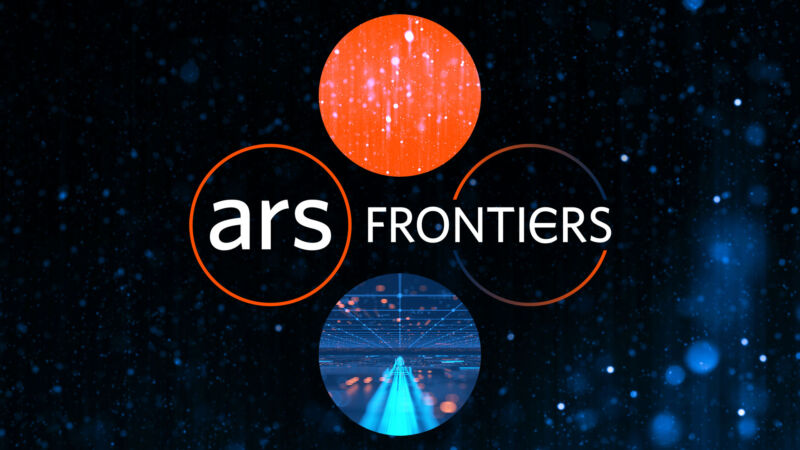-
 chevron_right
chevron_right
Scientists aghast at bizarre AI rat with huge genitals in peer-reviewed article
news.movim.eu / ArsTechnica · Thursday, 15 February - 23:16 · 1 minute

Enlarge / An actual laboratory rat, who is intrigued. (credit: Getty | Photothek )
Appall and scorn ripped through scientists' social media networks Thursday as several egregiously bad AI-generated figures circulated from a peer-reviewed article recently published in a reputable journal. Those figures—which the authors acknowledge in the article's text were made by Midjourney—are all uninterpretable. They contain gibberish text and, most strikingly, one includes an image of a rat with grotesquely large and bizarre genitals, as well as a text label of "dck."

AI-generated Figure 1 of the paper. This image is supposed to show spermatogonial stem cells isolated, purified, and cultured from rat testes. (credit: Front. Cell Dev. Biol., Guo, Dong, Hao )
The article in question is titled "Cellular functions of spermatogonial stem cells in relation to JAK/STAT signaling pathway," which was authored by three researchers in China, including the corresponding author Dingjun Hao of Xi’an Honghui Hospital. It was published online Tuesday in the journal Frontiers in Cell and Developmental Biology.


